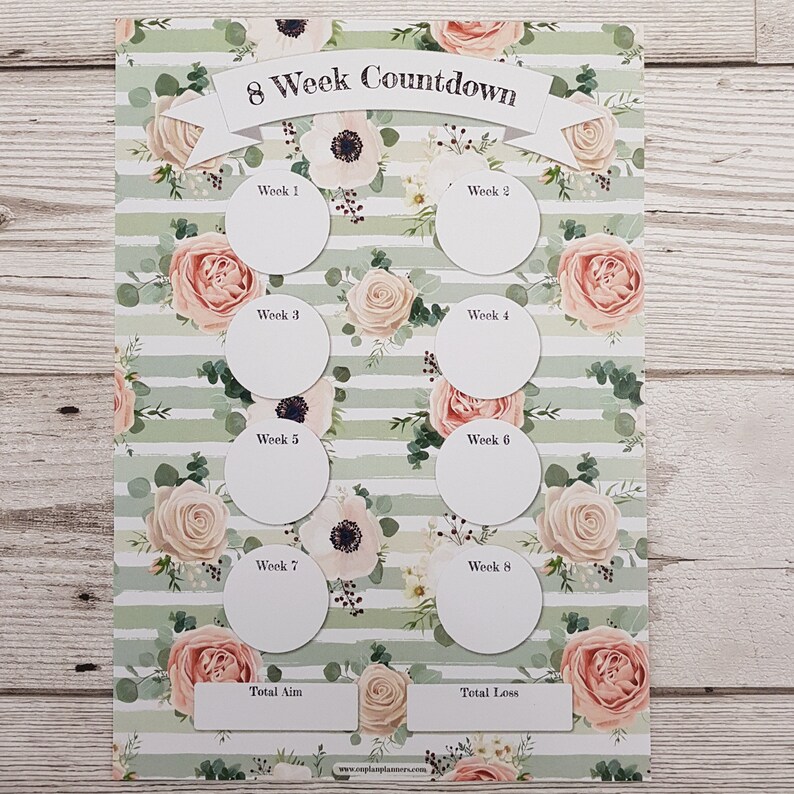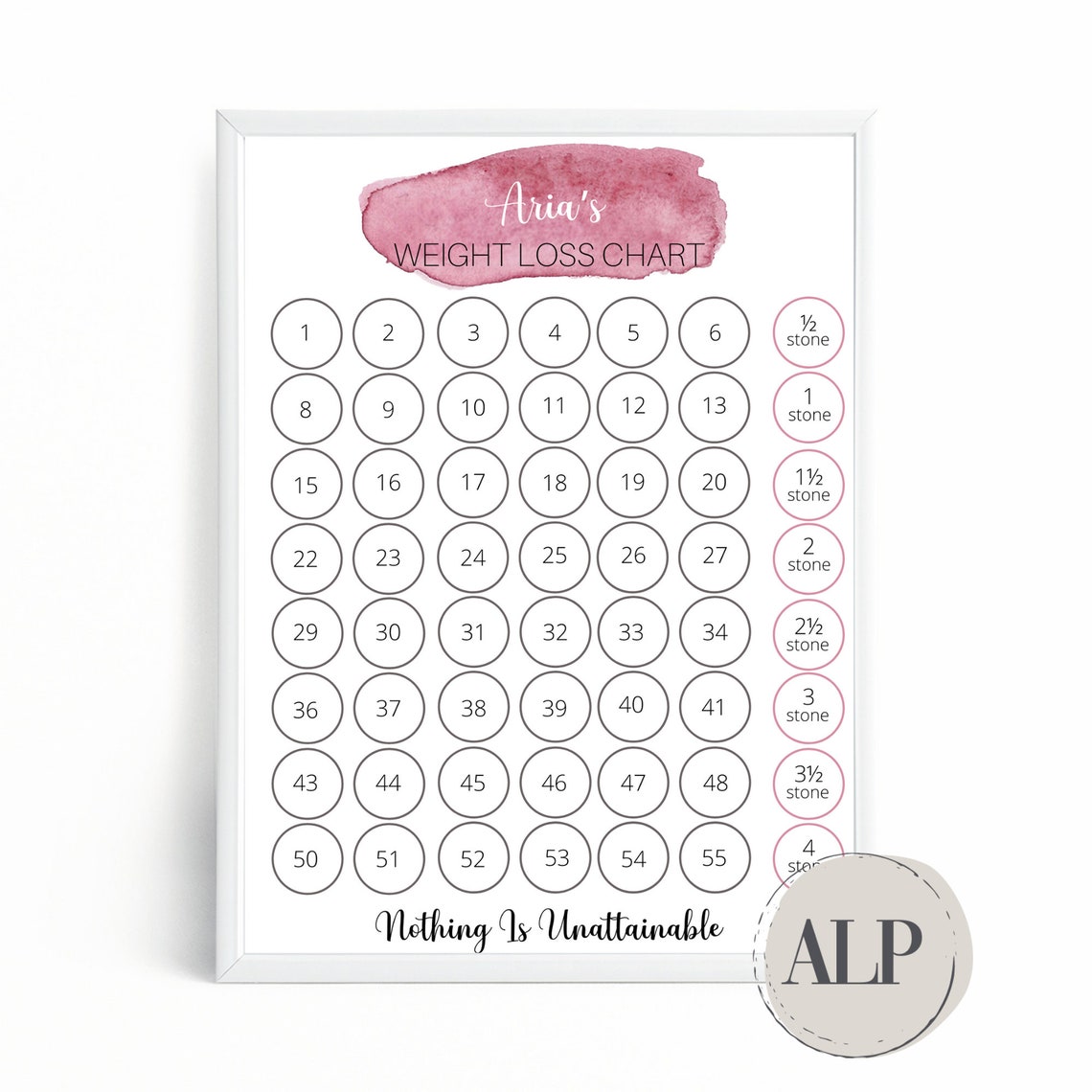

Making an Office Weight Loss Challenge Happen Planning and Execution

DON’T: Offer prizes for the person who loses the most weight, as those incentives may encourage unhealthy behaviors or unfriendly competition.DO: Let everyone know of resources, including the National Eating Disorders Association hotline, they can use if they struggle (or have a history of struggling) with eating and weight issues.Consider creating long-term company initiatives, such as running groups, healthy cooking classes, or yoga clubs, that will help employees extend their health success long after the challenge ends. Program participants will love working out together, swapping healthy recipes, and talking about their goals. DO: Create opportunities for extension.See what Jillian Michaels says in her disclaimer. These disclaimers simply outline some key points that protect program participants and your company. You’ve probably seen this verbiage around the gym or before any streamed yoga video. DO: Provide resources, even just links to healthy weight loss articles, to help employees lose weight in smart, sustainable ways.DO: Encourage people to make healthy substitutes.(Extreme, “go-all out-and-then-crash” workouts may spur short-term weight loss, but most employees won’t see these workouts as long-term lifestyle changes.) DO: Encourage fitness activities employees can maintain in the long-run.(Promote the mentality that every lost pound is a team success.) DO: Foster camaraderie, not competition.DO: Keep your challenge inclusive, open to people of all fitness levels and goals.DO: Promote body positivity above all other goals.Remind people to see a weight loss challenge as they would any other kind of fitness challenge: A way to start feeling healthier while bonding with co-workers. Remember to exercise sensitivity and discretion when communicating about an office weight loss challenge. It happens to be an easy-to-use indicator, since most people have the ability to easily monitor fluctuations in their weight from day to day factors such as blood pressure or body mass index, however, require more intense tools. Ideal weights depend on a number of complex individual factors-including genetics, lifestyle, and body composition.įurthermore, weight provides one possible indicator of a person’s overall health. Time out! Be sure to plan and communicate your office weight-loss challenge with care.Īchieving a healthy weight does not necessarily mean being as skinny as possible. Promote deep and lasting bonds based in something outside of day-to-day office challenges.

Foster support, which can turn health, fitness, and weight-loss goals into results.Clients & Customers Employees Weight Loss and WellnessĪn office weight loss challenge, if planned with care and sensitivity, can be a vital part of your office’s wellness initiatives.


 0 kommentar(er)
0 kommentar(er)
